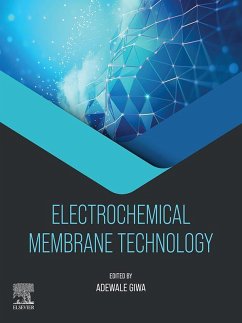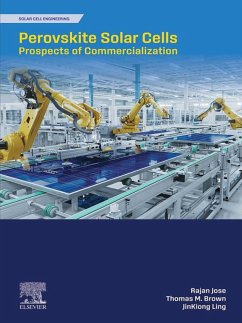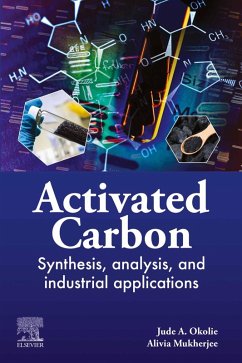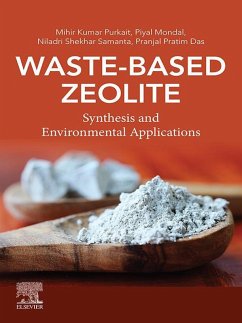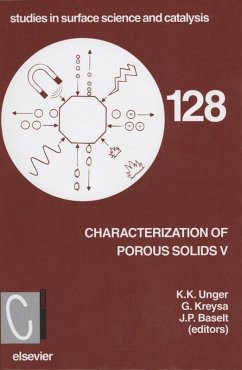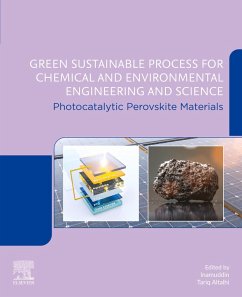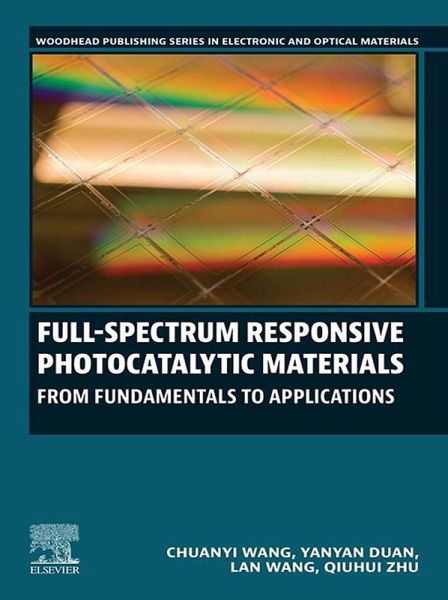
Full-Spectrum Responsive Photocatalytic Materials (eBook, ePUB)
From Fundamentals to Applications
Versandkostenfrei!
Sofort per Download lieferbar
138,95 €
inkl. MwSt.
Weitere Ausgaben:

PAYBACK Punkte
69 °P sammeln!
Full-Spectrum Responsive Photocatalytic Materials: From Fundamentals to Applications provides a comprehensive overview on the design, synthesis concepts, mechanisms, characterization techniques, and advances and limitations in applications of full-spectrum responsive photocatalytic materials. The book starts with the fundamentals of full-spectrum responsive materials. It then discusses the problems of most semiconductors that are not active in the whole solar spectrum and explains the benefits of utilizing full-spectrum responsive photocatalysts. Other sections describe examples of full-spectr...
Full-Spectrum Responsive Photocatalytic Materials: From Fundamentals to Applications provides a comprehensive overview on the design, synthesis concepts, mechanisms, characterization techniques, and advances and limitations in applications of full-spectrum responsive photocatalytic materials. The book starts with the fundamentals of full-spectrum responsive materials. It then discusses the problems of most semiconductors that are not active in the whole solar spectrum and explains the benefits of utilizing full-spectrum responsive photocatalysts. Other sections describe examples of full-spectrum responsive photocatalysts classified by material types and provide the design principles and characterization protocols for these promising materials.Photocatalysis technology based on semiconductor materials holds great promise in various fields due to its potential advantages in energy-saving, cost and environmental impact. Maximizing the utilization of solar energy is always the target of pursuits in the areas of photocatalysis, and understanding and constructing appropriate full-spectrum (UV-VIS-NIR) responsive photocatalytic materials offer ways to better realize the practical utilization of photocatalysis. - Provides new insights into full-spectrum (UV-VIS-NIR) responsive photocatalysts and successful approaches for developing these materials - Assists readers working to develop more efficient catalysts and establish a solid structure-activity correlation - Suggests possibilities for the alteration of conventional photocatalysts to utilize the full spectrum of solar light
Dieser Download kann aus rechtlichen Gründen nur mit Rechnungsadresse in A, B, BG, CY, CZ, D, DK, EW, E, FIN, F, GR, HR, H, IRL, I, LT, L, LR, M, NL, PL, P, R, S, SLO, SK ausgeliefert werden.




